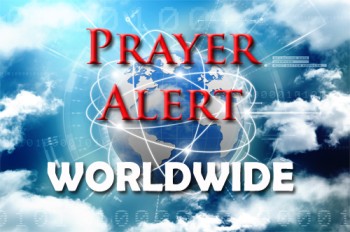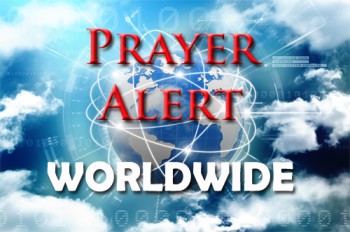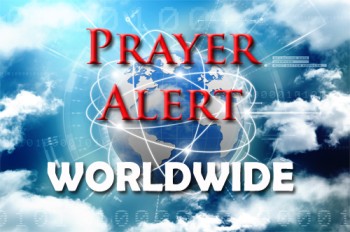Displaying items by tag: world leaders
Global: climate change
Every year countries pledge to cut their greenhouse gas emissions to curb the impacts of climate change. But still temperatures keep rising. Last month scientists announced that the average rise in global temperatures would likely pass the 1.5C threshold in the next five years. With temperatures rising we will see more heatwaves, wildfires and floods. From 5 to 15 June countries’ leaders are meeting at the Bonn climate conference to discuss, among other things, local communities and indigenous peoples, pre-2020 ambition and implementation, science, and oceans. They will review their pledges as they look ahead to November’s COP28. Even a small increase in average temperatures makes a big difference as the whole distribution of daily temperatures shifts to warmer levels, making hotter days more likely and more extreme. See
Global: G20 summit
World leaders met for the annual G20 on 15-16 November, intending to discuss global economic plans. On the second day Volodymyr Zelenskiy presented proposals for a ‘Ukrainian formula for peace’ which was followed up on his telegram channel. He said, ‘Ukraine has always been a leader in peacekeeping efforts, and the world has seen it. If Russia says it supposedly wants to end this war, let it prove it with actions. We will not allow Russia to wait, build up its forces, and then start a new series of terror and global destabilisation. There will be no Minsk-3, which Russia will violate immediately after the agreement. There is a Ukrainian formula for peace for Ukraine, Europe and the world, and a set of solutions, when implemented, really guarantee peace. Ukraine offers the leading states of the world to be co-creators of peace together with us.’
Climate change wakeup call
Pakistan’s floods are a ‘wake-up call’ to the threats of climate change. A sense of injustice is keenly felt. Pakistan contributes -1% of global greenhouse gases but its geography makes it exceptionally vulnerable to climate change. Global warming makes air and sea temperatures rise, causing more evaporation. Warmer air holds more moisture, making monsoon rainfall more intense. Pakistan also has more glacial ice than anywhere in the world outside of the polar regions and is referred to as the 'third pole'. As the world warms, glacial ice melts. Glaciers in Pakistan's Gilgit-Baltistan and Khyber Pakhtunkhwa regions are melting rapidly, creating over 3,000 lakes. 33 risk suddenly bursting, which could unleash millions of cubic metres of water and debris, putting seven million people at risk. Glacial lake outbursts are already damaging infrastructure. Climate impact scientist Saeed said Pakistan’s floods are ‘absolutely a wake-up call to governments globally who promised to tackle climate change at successive UN climate conferences’.


